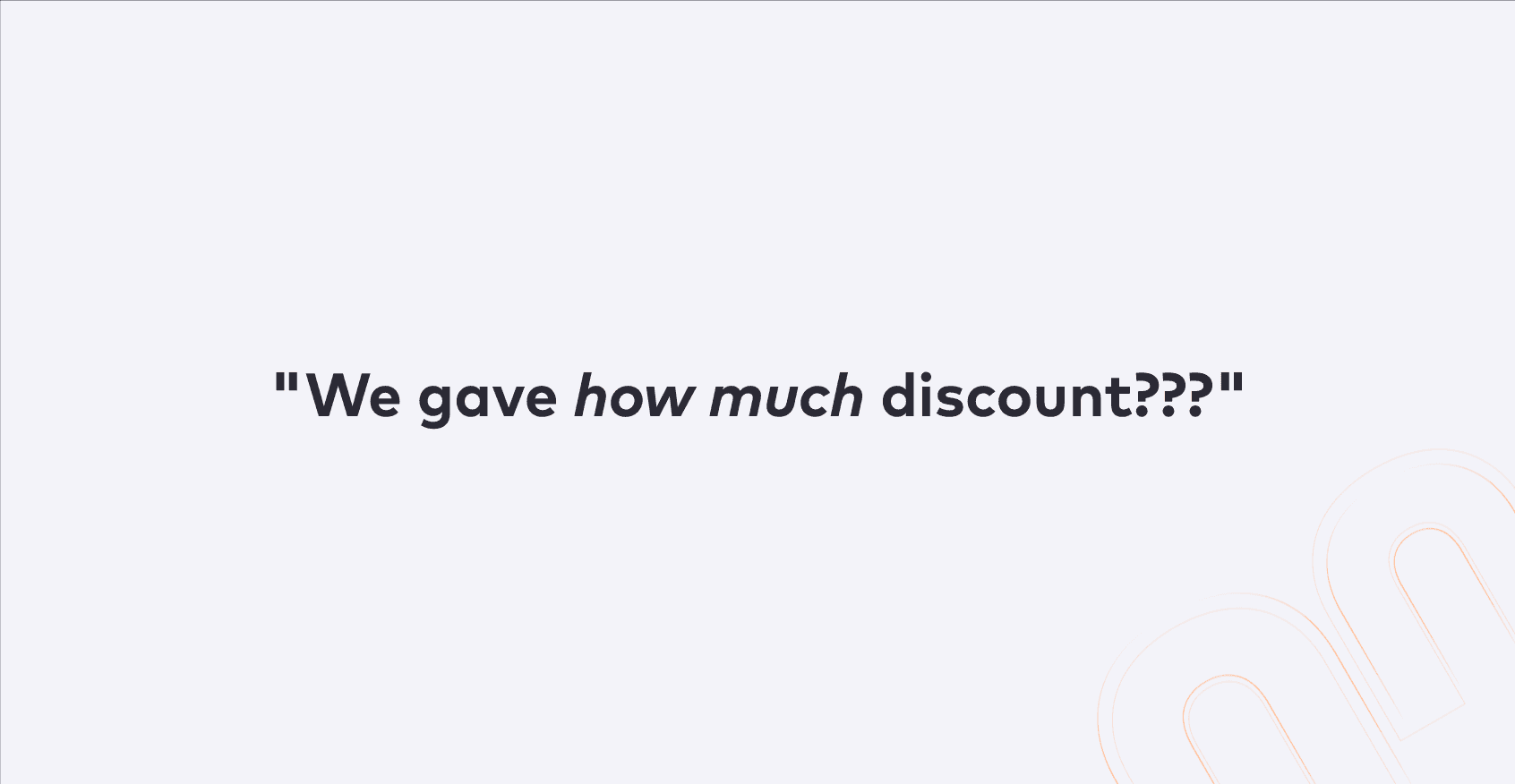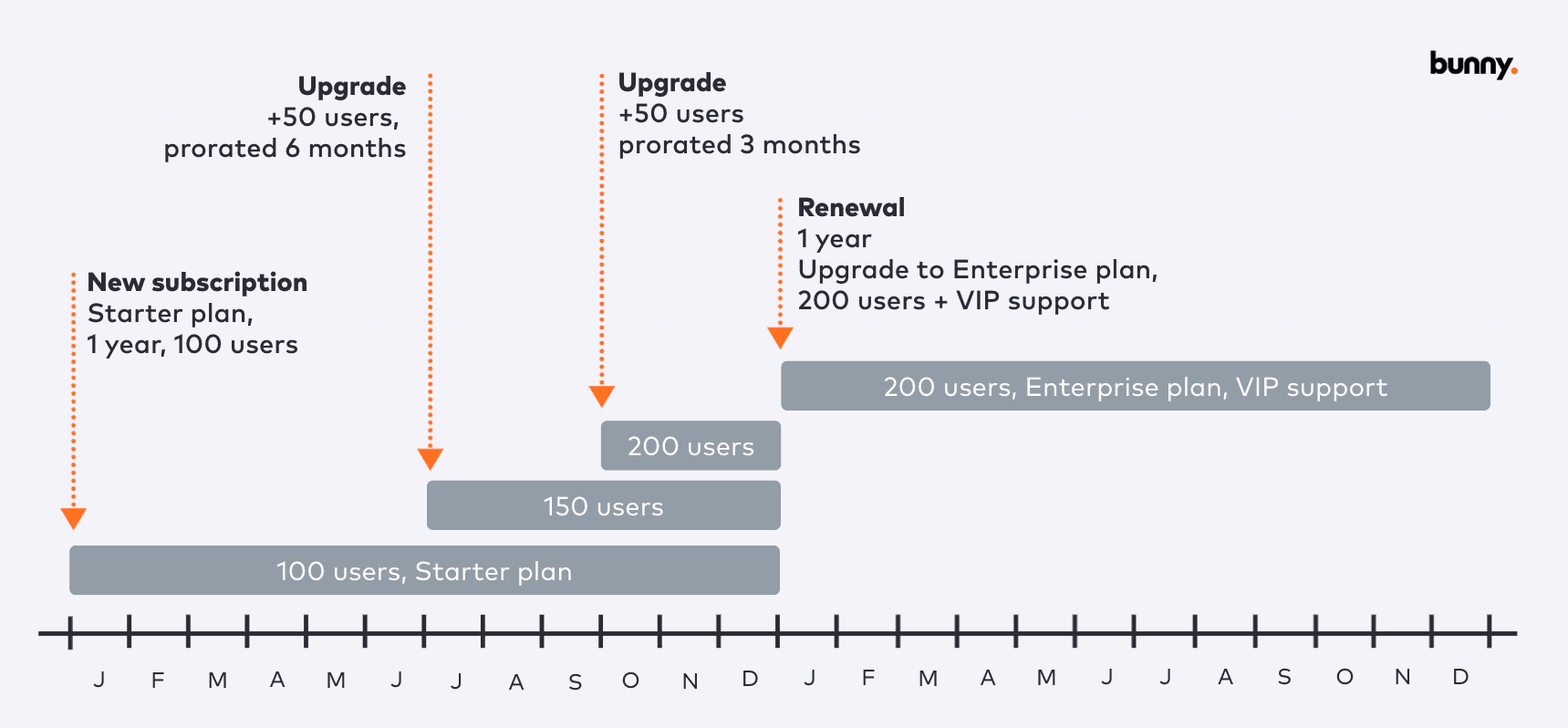
Why Coupons are a Powerful Sales Incentive for B2B SaaS Companies

In the competitive world of B2B SaaS (Software as a Service), gaining an edge over competitors and driving sales growth is paramount. One often overlooked yet highly effective strategy in achieving this is the use of coupons as sales incentives. Traditionally associated with B2C industries, coupons have increasingly found their place in B2B SaaS, and for good reason. Let’s explore why coupons are a great sales incentive for B2B SaaS companies.
1. Overcoming budget constraints
One of the most common challenges faced by B2B SaaS companies is the budget constraints of potential clients. Coupons can help bridge this gap by offering discounts or special pricing to accommodate budget limitations. When faced with the choice between a competitor without such flexibility and a company willing to offer a discounted rate, the decision for the prospective client becomes much easier.
2. Encouraging trial and adoption
Many potential B2B clients hesitate to commit to a new software platform without first seeing its benefits. Coupons can be used to offer trial periods or reduced rates for the initial months of service. This not only incentivizes potential clients to give your SaaS product a try but also increases the likelihood of long-term adoption if they find value during the trial period.
3. Building stronger relationships
Coupons can be more than just discounts; they can be a tool to build stronger relationships with your clients. Personalized coupons, offered as a token of appreciation for a client's loyalty or as part of a renewal package, can go a long way in strengthening your B2B relationships. They show that you value your clients and are willing to invest in their success.
4. Navigating competitive markets
In highly competitive B2B SaaS markets, standing out can be a challenge. Coupons give you a unique selling point. Potential clients are more likely to consider your offering if they believe they are getting a better deal compared to your competitors. Coupons can help you gain a competitive advantage and win clients who might otherwise have chosen a rival SaaS provider.
5. Driving urgency and action
Scarcity and urgency are powerful drivers of action. By using coupons with expiration dates or limited availability, you can create a sense of urgency that encourages potential clients to make a decision sooner rather than later. This can help speed up the often lengthy B2B sales cycle.
6. Incentivizing upsells and cross-sells
Coupons can be strategically used to encourage existing clients to upgrade to higher-tier plans or add additional services. For example, offering a discount on an advanced feature or a bundle of services can incentivize clients to expand their usage of your SaaS platform, leading to increased revenue for your company.
7. Data gathering and targeting
When used digitally, coupons can provide valuable data on client behavior. You can track coupon usage to understand which offers are most effective and which client segments respond best. This data can then be used to refine your marketing and sales strategies, enabling you to tailor future offers to specific client needs and preferences.
Conclusion
In the realm of B2B SaaS, coupons are a versatile and effective sales incentive tool that should not be underestimated. From overcoming budget constraints to building stronger relationships and gaining a competitive edge, coupons offer numerous benefits to B2B SaaS companies. By strategically implementing coupon campaigns, these businesses can drive sales growth, enhance client relationships, and position themselves for long-term success in a competitive marketplace. Don't overlook the power of coupons as a valuable addition to your B2B SaaS sales strategy.
Bunny now supports coupons out-of-the-box and the feature is available on all plans. Coupons have either a fixed amount or a percentage discount. Users apply coupons on Bunny’s checkout page by entering a coupon code and the relevant amount is subtracted from the total. Bunny automatically applies the discount to revenue movements and recognition for complete automation.

